The Supernatural in Modern English Fiction
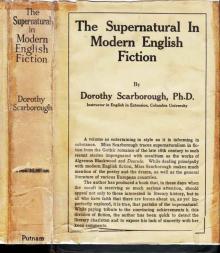

Author: Dorothy Scarborough
Category: Horror
Published: 2014
Series:
View: 331
Read OnlinePREFACE THE subject of the supernatural in modern English fiction has been found difficult to deal with because of its wealth of material. While there has been no previous book on the topic, and none related to it, save Mr. C. E. Whitmore’s work on The Supernatural in Tragedy, the mass of fiction itself introducing ghostly or psychic motifs is simply enormous. It is manifestly impossible to discuss, or even to mention, all of it. Even in my bibliography which numbers over three thousand titles, I have made no effort to list all the available examples of the type. The bibliography, which I at first intended to publish in connection with this volume, is far too voluminous to be included here, so will probably be brought out later by itself. It would have been impossible for me to prosecute the research work or to write the book save for the assistance generously given by many persons. I am indebted to the various officials of the libraries of Columbia University and of New York City, particularly to Miss Isadore Mudge, Reference Librarian of Columbia, and to the authorities of the New York Society Library for permission to use their priceless out-of-print novels in the Kennedy Collection. My interest in English fiction was increased during my attendance on some courses in the history of the English novel, given by Dr. A. J. Carlyle, in Oxford University, England, several years ago. I have received helpful bibliographical suggestions from Professor Blanche Colton Williams, Dr. Dorothy Brewster, Professor Nelson Glenn McCrea, Professor John Cunliffe, and Dean Talcott Williams, of Columbia, and Professor G. L. Kittredge, of Harvard. Professors William P. Trent, George Philip Krapp, and Ernest Hunter Wright very kindly read the book in manuscript and gave valuable advice concerning it, Professor Wright going over the material with me in detail. But my chief debt of gratitude is to Professor Ashley H. Thorndike, Head of the Department of English and Comparative Literature in Columbia, whose stimulating criticism and kindly encouragement have made the book possible. To all of these—and others—who have aided me, I am deeply grateful, and I only wish that the published volume were more worthy of their assistance. D. S. COLUMBIA UNIVERSITY, April, 1917.
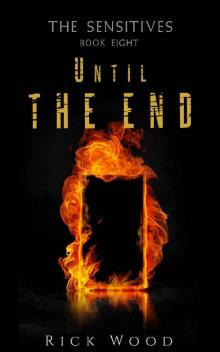 Until the End
Until the End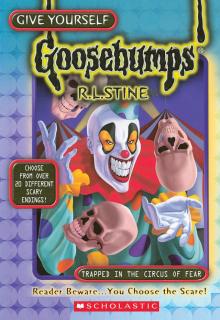 Trapped in the Circus of Fear
Trapped in the Circus of Fear White Trash Zombie Apocalypse (White Trash Zombie #3)
White Trash Zombie Apocalypse (White Trash Zombie #3) The Alliance Boxset 2
The Alliance Boxset 2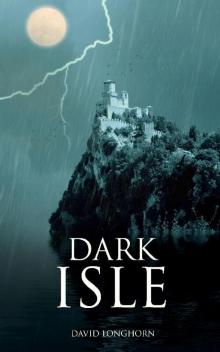 Dark Isle, #1
Dark Isle, #1_preview.jpg) Edge of Shadows (Shadows #1)
Edge of Shadows (Shadows #1)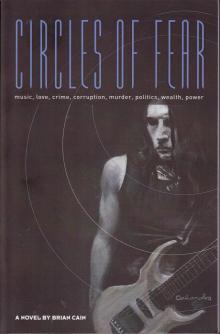 Circles Of Fear
Circles Of Fear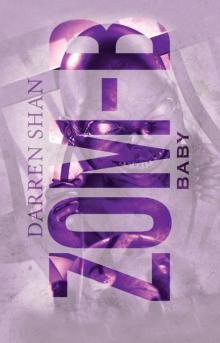 Zom-B Baby
Zom-B Baby